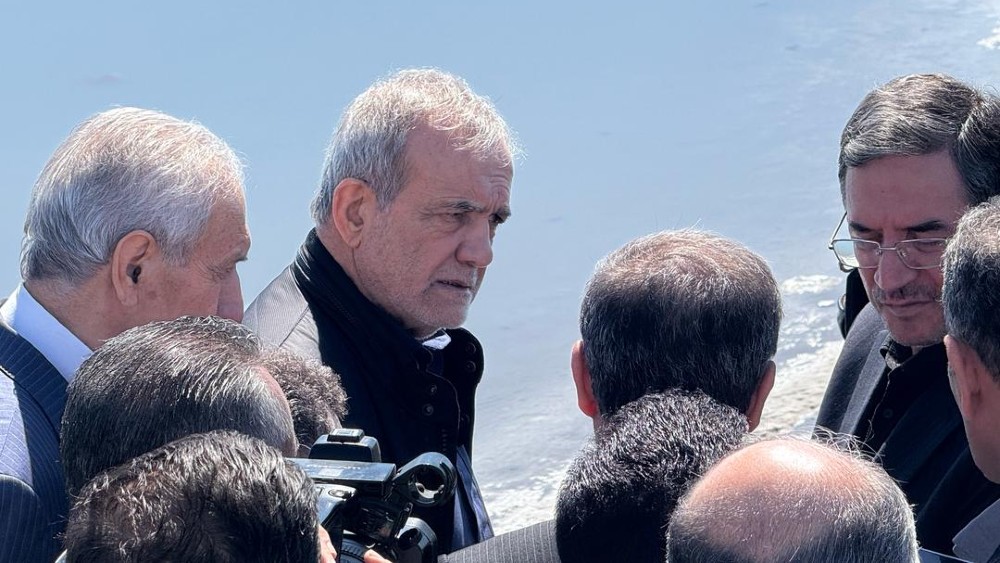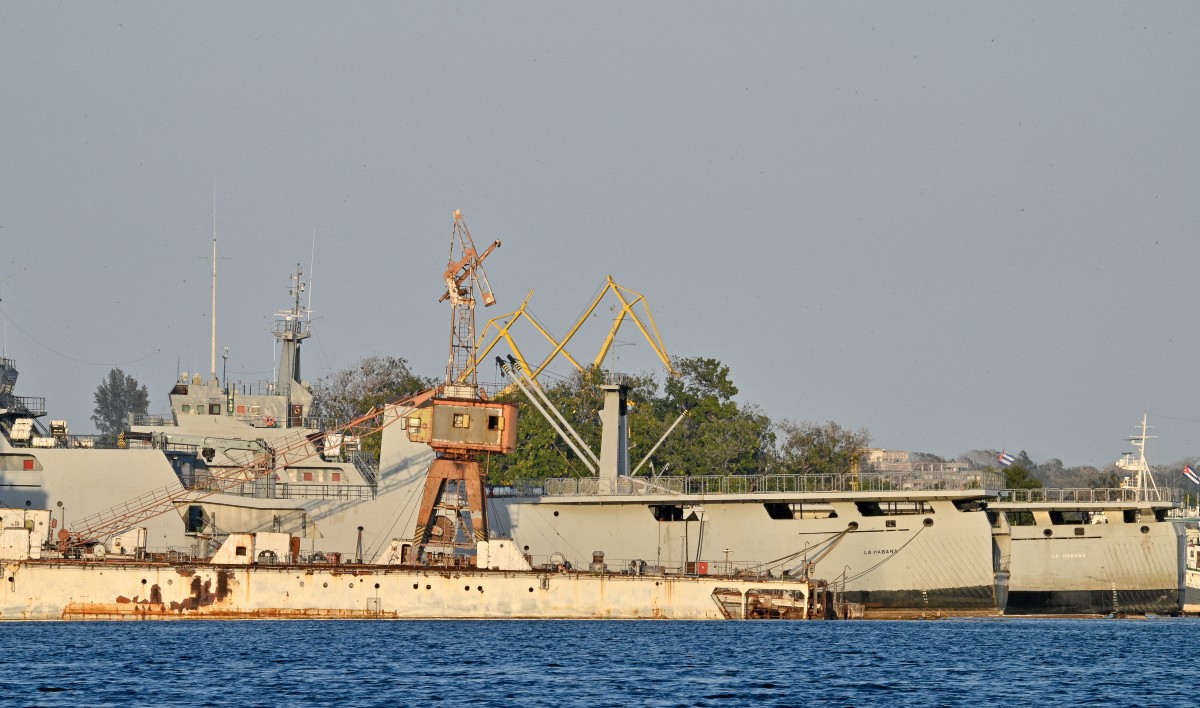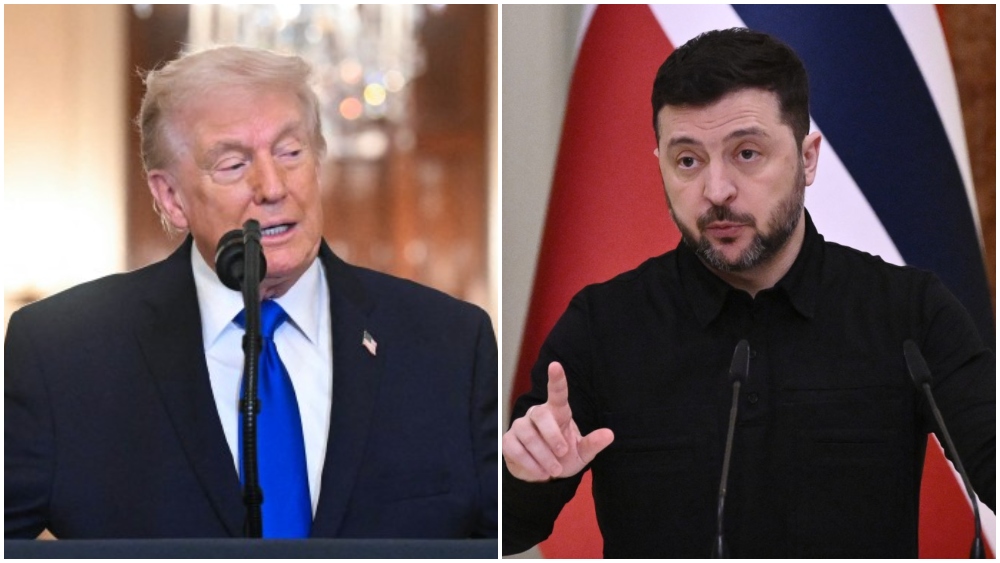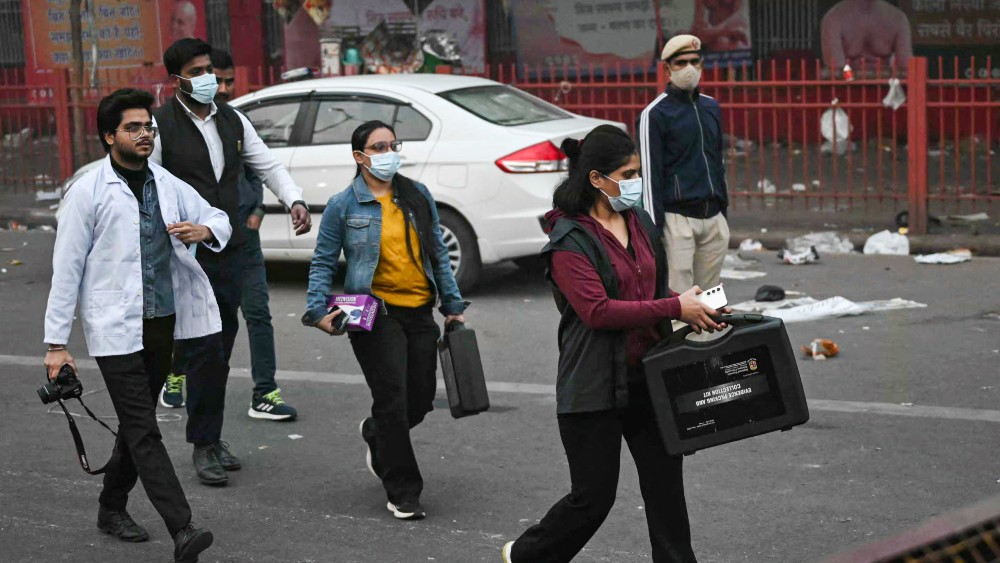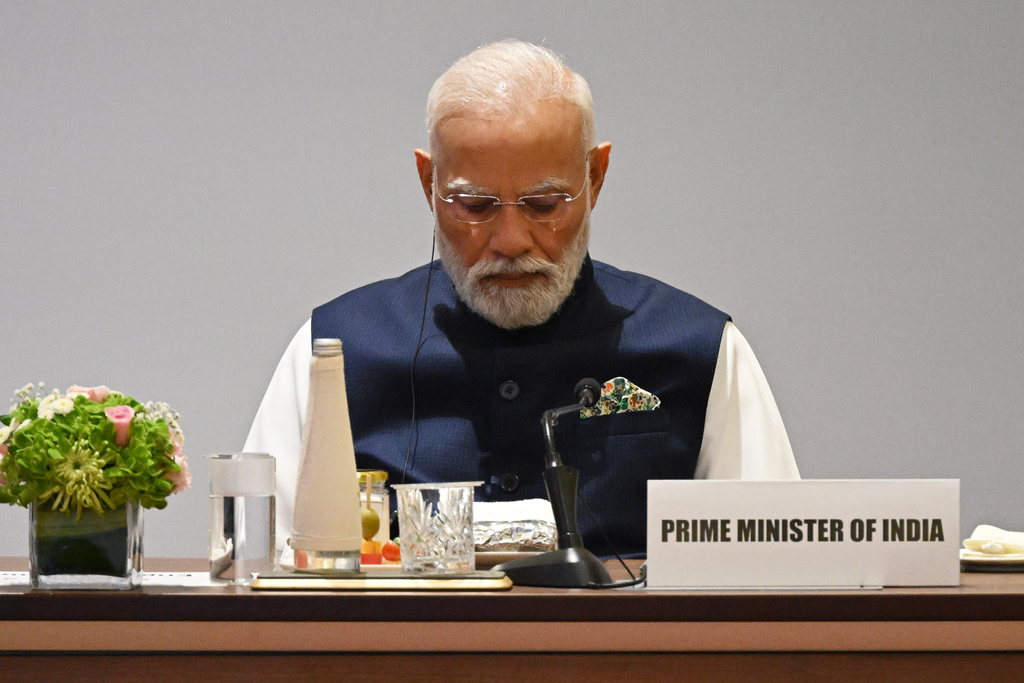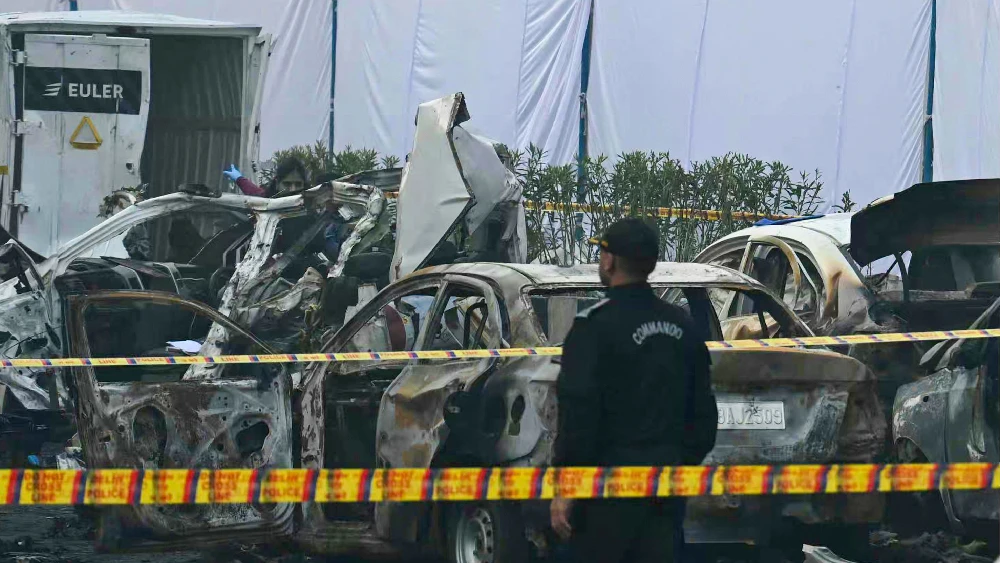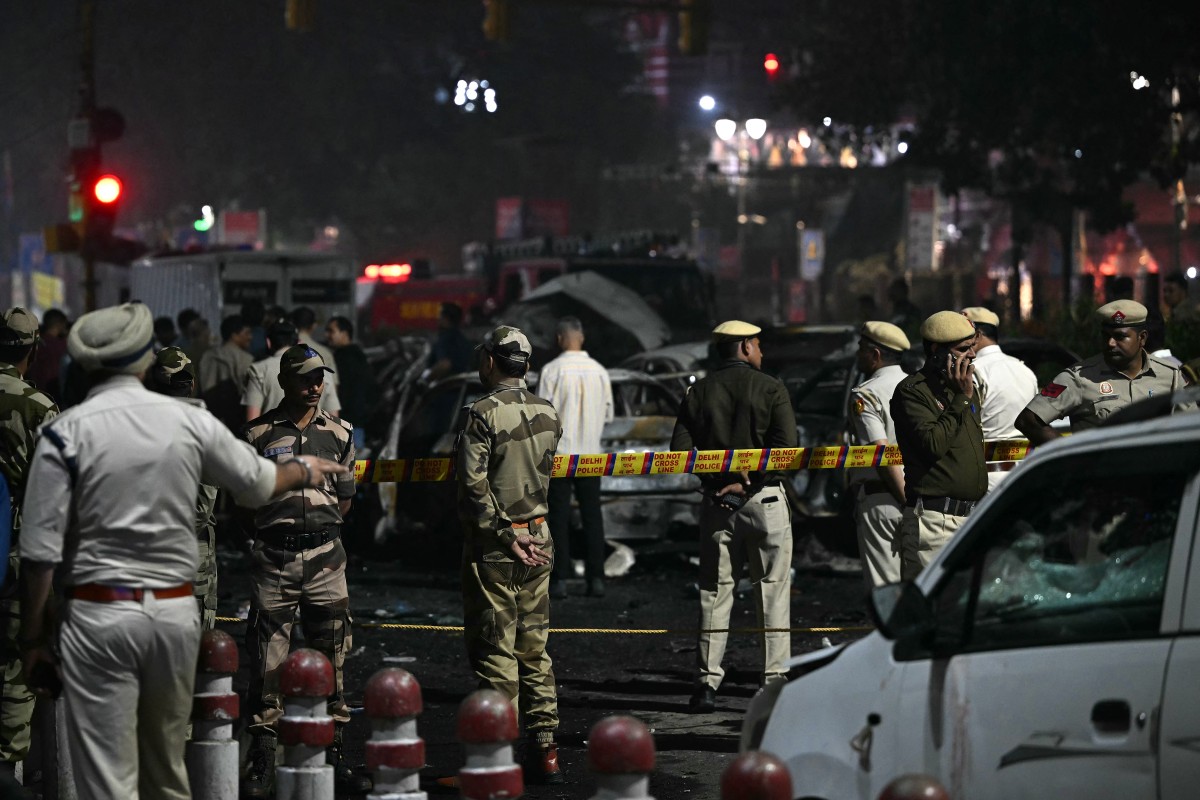ISLAMABAD: The Indian Delhi police on Monday invoked the Unlawful Activities (Prevention) Act (UAPA), 1967, in connection with the recent blast in Delhi, allowing the police and national agencies to expand their investigative scope beyond local jurisdictions.
Earlier this week, a blast in a vehicle near the Red Fort in New Delhi killed at least 12 and injured several others.
Indian authorities initially suggested it was a cylinder blast; however, according to ANI, the investigation was quickly upgraded.
The Delhi Police registered a case under the Unlawful Activities (Prevention) Act (UAPA) in addition to the Explosives Act, which governs the handling of combustible substances.
This marked the Delhi Police as the first to invoke the UAPA in the case of a recent registration alongside the Explosives Act, according to Indian Asia News International (ANI).
According to the Indian Ministry of Home Affairs, UAPA is India’s primary “terrorism” law designed to prevent unlawful activities.
The Act, citing Chapter VII of the Charter of the United Nations, requires “all States to take measures to combat international terrorism.”
The Indian Home Ministry defines the act as legislation “for the more effective prevention of certain unlawful activities of individuals and associations and for dealing with terrorist activities.”
Broader Jurisdiction
The law extends to “the whole of India,” while its provisions also apply to Indian citizens outside India, according to Section 1(2)–(5)(a) of the Unlawful Activities (Prevention) Act.
The act also lists the banned groups, which include Jaish-e-Muhammad (JeM) and Tehrik-e-Furqan (TeF), under its First Schedule.
It also authorizes officers from the Indian central government and/or the state government to conduct nationwide investigations, freeze assets, and coordinate with intelligence units in terrorism-related cases.
Under its Section 43A, it states that any officer of the “Designated Authority” empowered by the Central or State Government may “arrest, search, or seize property” if they believe it is connected to a terrorist act. The powers apply across jurisdictions and at any time of day.
“Any officer of the Designated Authority empowered in this behalf, by general or special order of the Central Government or the State Government, as the case may be, knowing of a design to commit any offense under this Act or having reason to believe from personal knowledge or information given by any person and taken in writing that any person has committed an offense punishable under this Act … which may furnish evidence of the commission of such offense … may authorize any officer subordinate to him to arrest such a person or search such building, conveyance, or place whether by day or by night or himself arrest such a person or search such building, conveyance, or place,” the UAPA Act added.
While under its section 43-D, the court may detain suspects for up to 180 days before filing charges, which is double the limit under standard criminal law.
Consequences and penalties
According to the provision, anyone who remains a member of such an association, participates in its meetings, contributes funds, or assists in its operations can face imprisonment of up to two years and a fine.
The law also imposes harsher punishment for those who, while being members or supporters of a banned group, possess unlicensed firearms, explosives, or weapons capable of mass destruction and commit acts causing loss of life or property damage.
If such actions result in a person’s death, the offender can be sentenced to life imprisonment along with a fine, according to the law. In case such an act has resulted in the “death of any person, it shall be punishable with death.”
The Act also specifies that anyone who, with the intent to assist a terrorist, terrorist organization, or gang, violates any provision of the Explosives Act (1884), Explosive Substances Act (1908), Inflammable Substances Act (1952), or Arms Act (1959), will be “punishable with imprisonment not less than five years and up to life imprisonment, and shall also be liable to a fine.”
The UAPA allows the Delhi Police and national agencies to expand their investigative scope beyond local jurisdictions if cases are treated as a terrorist conspiracy.
The Act reflects India’s legal mechanism for addressing threats to India’s security through financial tracking and interagency coordination.
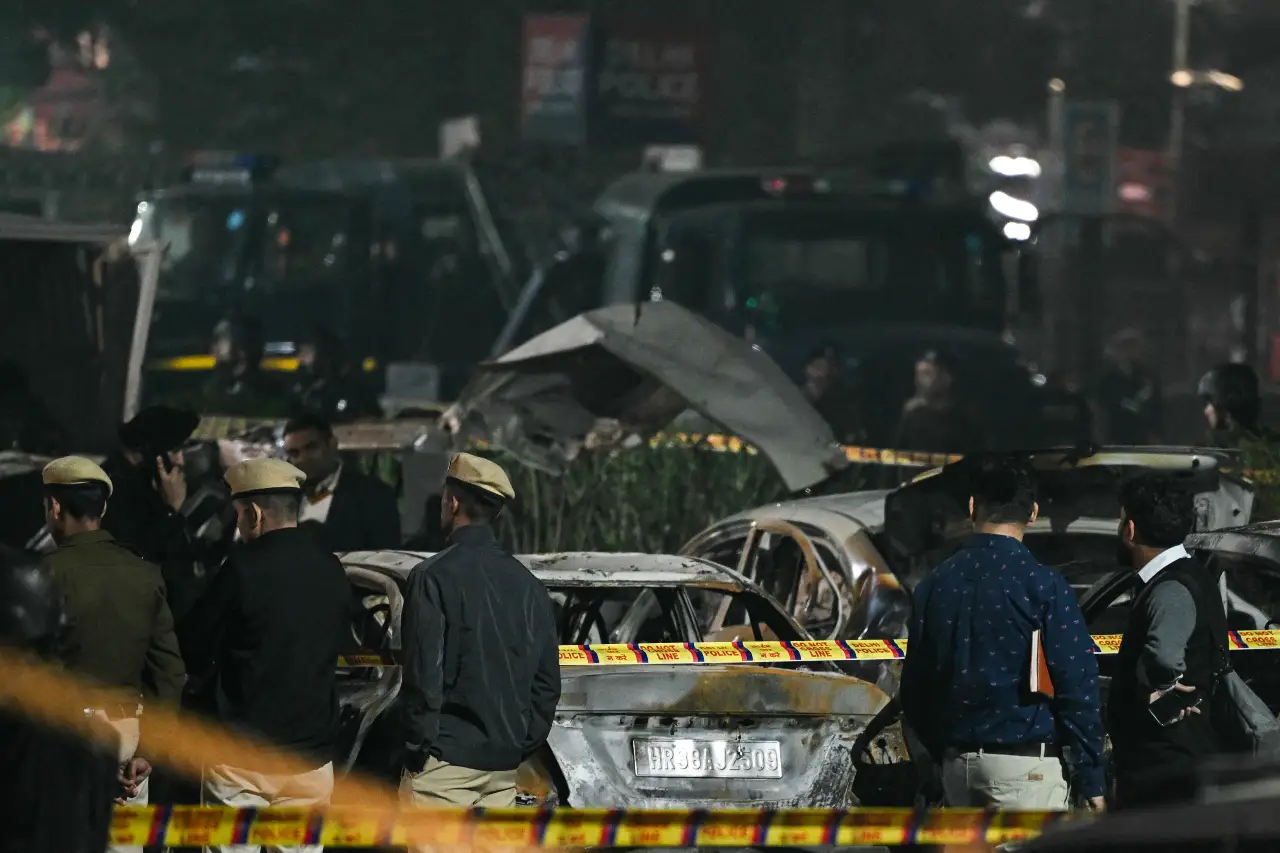
.jpg)
